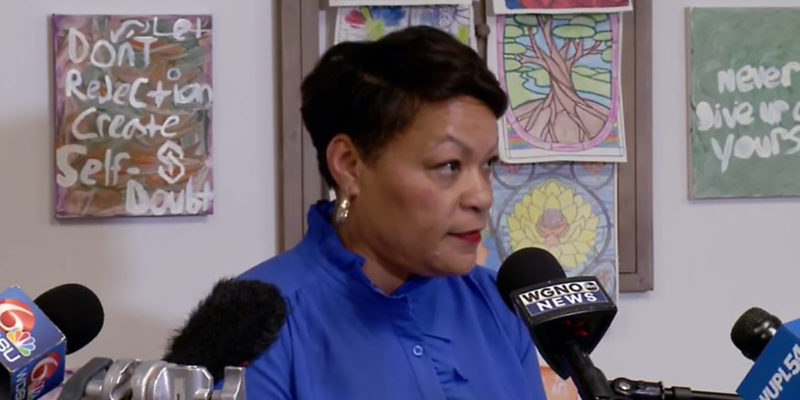New Orleans has become a fascinating crucible testing post racial politics, particularly with the recall effort that has been launched against mayor LaToya Cantrell.
So far thousands of mostly white voters have line up to sign the recall petition against the mayor, yet it remains to be seen if a substantial number of black voters will join in. The two prime organizers of the recall, Eileen Carter and Belden Batiste, are black.
In an extremely low turnout re-election last year the mayor garnered about 65% of the vote. But after five years of really bad outcomes (skyrocketing crime, declining police numbers, no economic opportunities, high poverty, deteriorating infrastructure, etc.) and some really bad political mistakes (travelling all over the world, much in First Class and siding with a 5x carjacker in court) her popularity has tanked.
The extant political question is will black voters break with their voting patterns and support the ouster of a black mayor? Notably so much of the negative impacts of her mayoralty have significantly impacted the black community. Crime is substantially black on black, poverty amongst black citizens is high, opportunities to find meaningful private sector employment is difficult as business has deserted the city, education outcomes are awful. The ability of so many black residents to break the cycle of poverty and escape social ills in a city devoid of growth and prosperity is negligible.
Advertisement
In the white community clearly the policies of the mayor and her leadership, justified or not, are absorbing the brunt of the blame for troubled times in the Crescent City. However, the key to a successful recall lies in the numbers within the black community.
Therefore the questions yet to be answered remain, have black voters connected the problems of New Orleans to its political leadership, and if so, will they break with the tradition of rallying behind black politicians?
What truer test of post racial politics could political scientists ask for?
Advertisement
Advertisement

